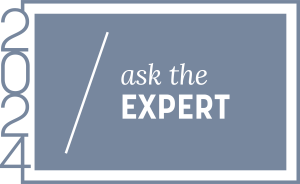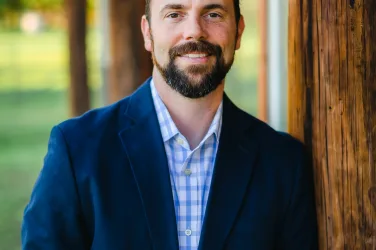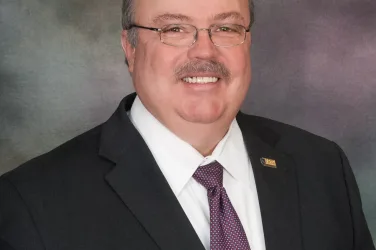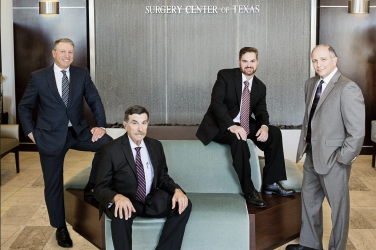
Q&A
Counselor/Therapist
What is the difference between PHP and IOP programs?
While both programs offer similar services, there are some key differences between them. Partial hospitalization program (PHP) is a treatment program that’s conducted during the day. It’s similar to an intensive outpatient program (IOP) but with more programming and support. A PHP can vary in length but is typically five days per week for four hours each day. It’s closer in structure to an inpatient program, but patients spend the day with us and then return home at the end of each day. IOP is less time intensive. Our IOP program consists of three-hour sessions held daily, Monday through Friday, allowing patients to maintain their daily routines. These therapies help individuals address underlying issues and develop coping skills to manage substance abuse or mental health disorders.
What are the benefits of group therapy?
Group therapy can provide a sense of community and shared experience with other group members. Individuals in groups can develop insight into their own issues and greater self-awareness by listening to others who have similar problems. Group therapy can also help you come up with specific ideas for improving a difficult situation or life challenge, and group members can help to hold you accountable. It’s all about people coming together, under the leadership of a trained group therapist, to work on improving their lives in one way or another.
What is TMS and what are its benefits?
TMS stands for transcranial magnetic stimulation therapy. It’s recommended for people with depression who haven’t benefited from antidepressant medications. If depression has interfered with your life and you’re not satisfied with the results of medications, you’ve switched medications due to side effects, or you’re interested in a proven non-drug therapy for depression, TMS could be a great fit. During a TMS session, you will recline comfortably in the treatment chair, as a small curved magnetic coil is positioned lightly on your head. The focused magnetic stimulation will begin to target areas of the brain, while you relax and listen to music. Each session takes around half an hour and is administered five days a week for roughly 35 sessions. And there’s no effect on alertness or memory, so you can drive yourself to and from treatment.
What kind of results can I expect?
Although symptom relief may take a few weeks of treatment, many patients find their depression symptoms improve, and for some, they go away completely. The FDA also approved TMS for obsessive-compulsive disorder (OCD), migraines, and help with smoking cessation. While we don’t offer TMS at the Prosper location, we do at nearby Connections facilities.
What services do you offer?
In Frisco, we offer both adult mental health, PHP and IOP programs, and adult dual diagnosis. In Prosper, we offer adolescent group therapy ages12-18 and adult group therapy ages 18 and older and dialectical behavior therapy (DBT) which is an evidence-based therapy used to treat personality disorders. DBT skills help to teach individuals mindfulness strategies, distress tolerance, emotional regulations skills, and interpersonal skills.
About The Expert

Chelsea Brooks, LMSW
Connections Wellness Group - Prosper
Chelsea Brooks, LMSW, executive director for CWG/Frisco. With 10 years working in the social work field specializing in individuals struggling with depression, anxiety, etc., Chelsea’s desire and passion is to enact change and bring awareness about mental health. She’s a a mentor, life coach, public speaker, and podcaster.










